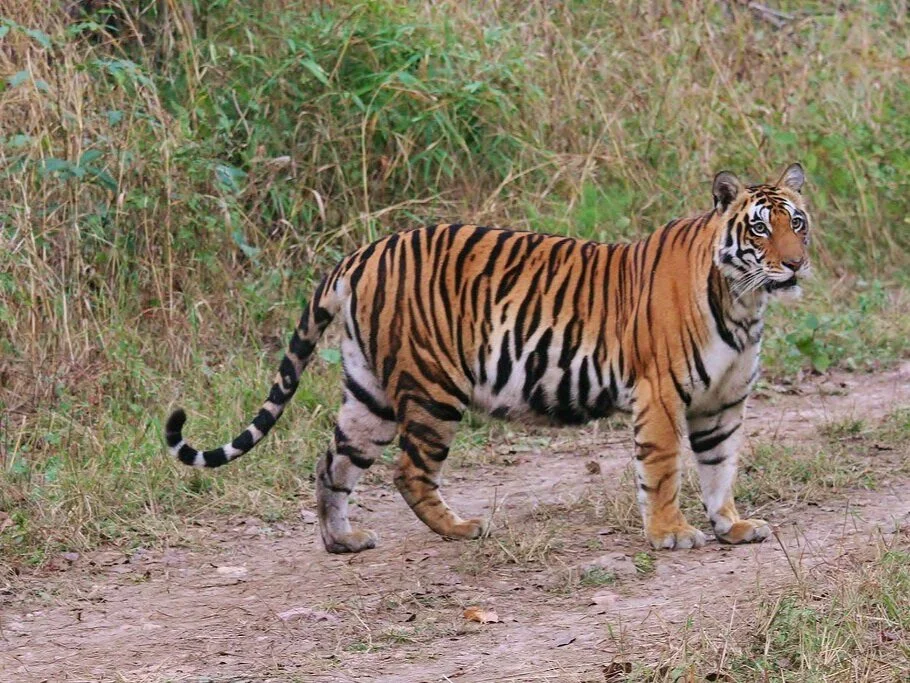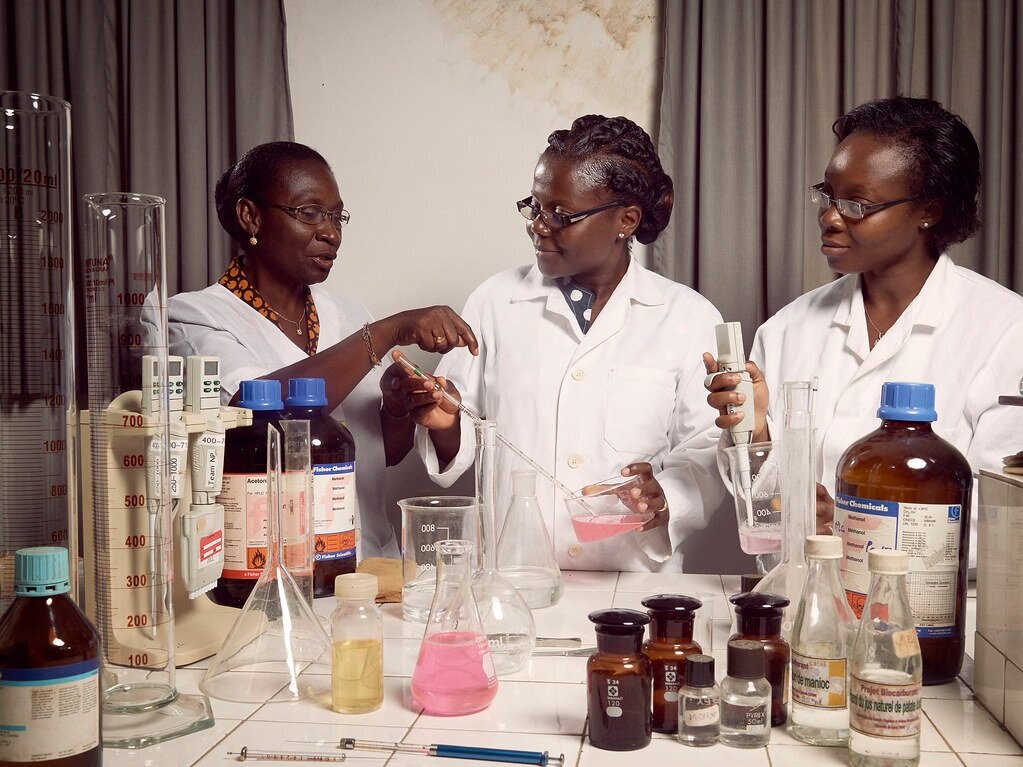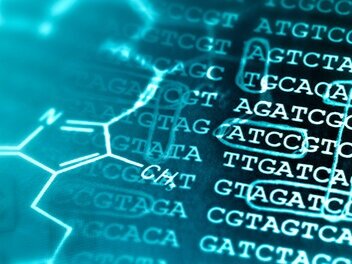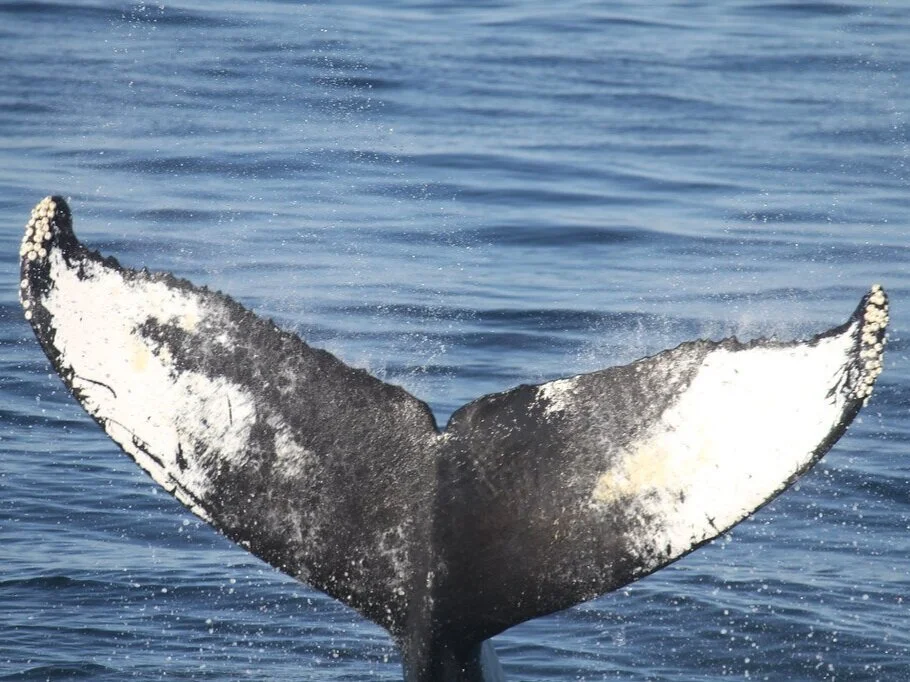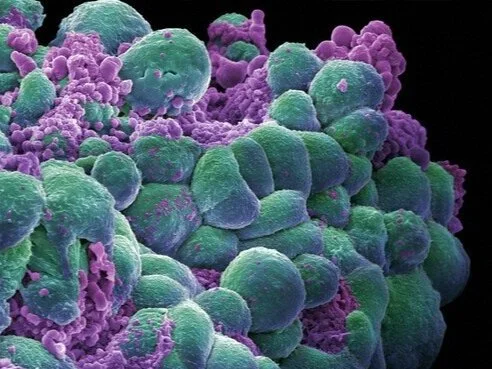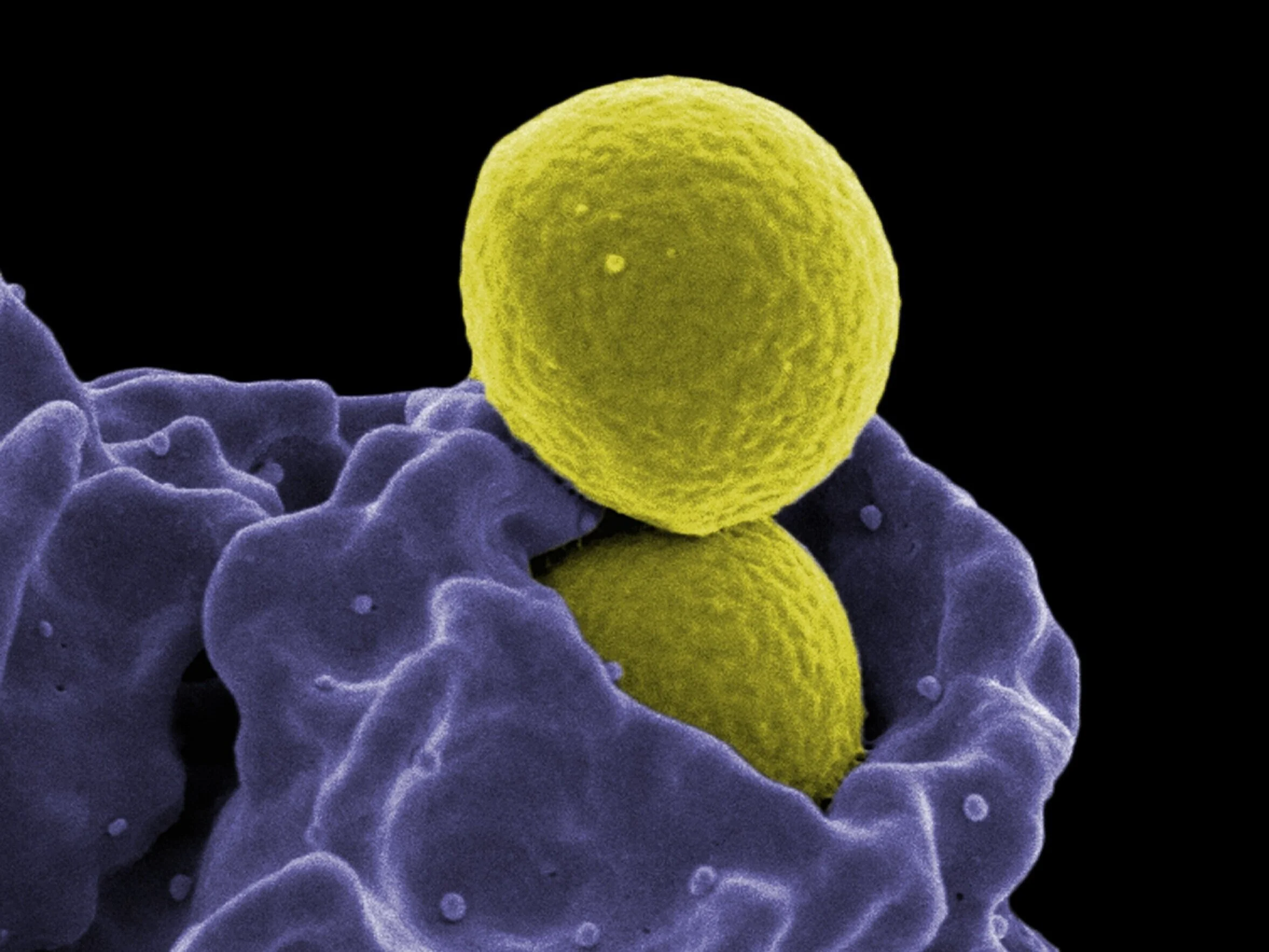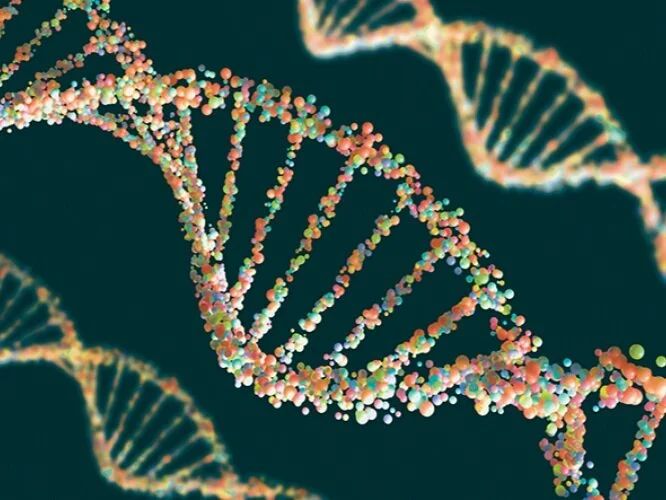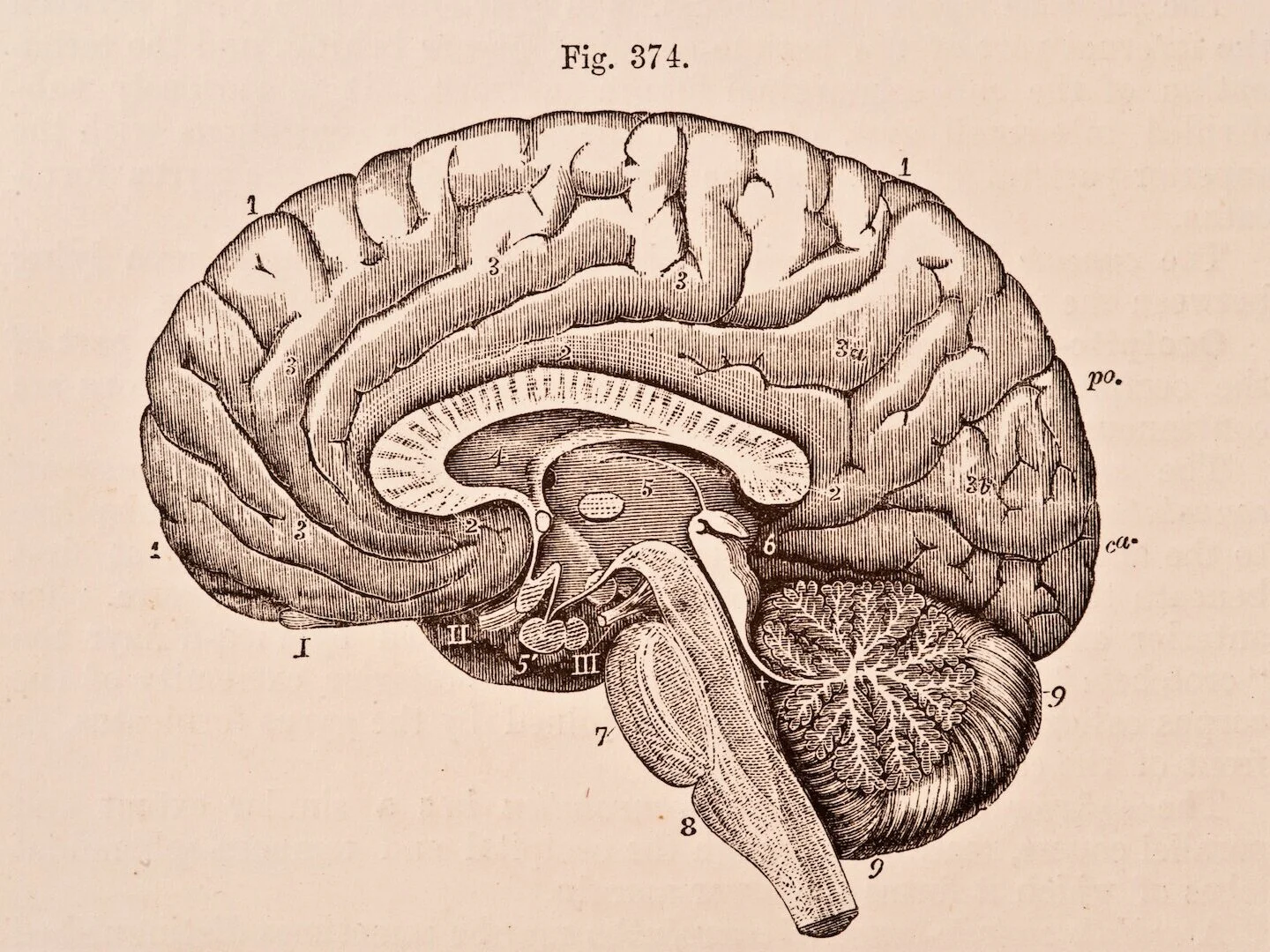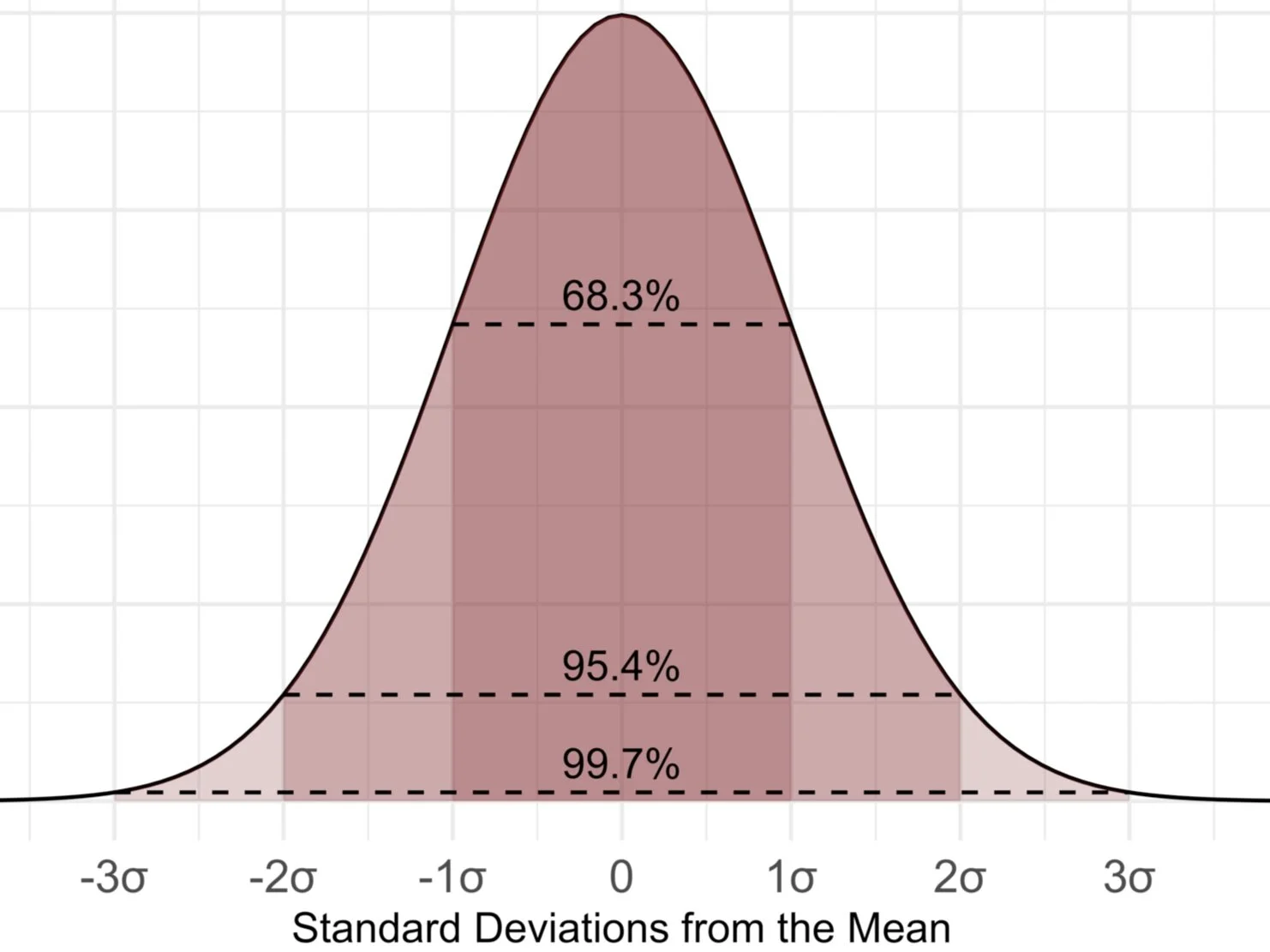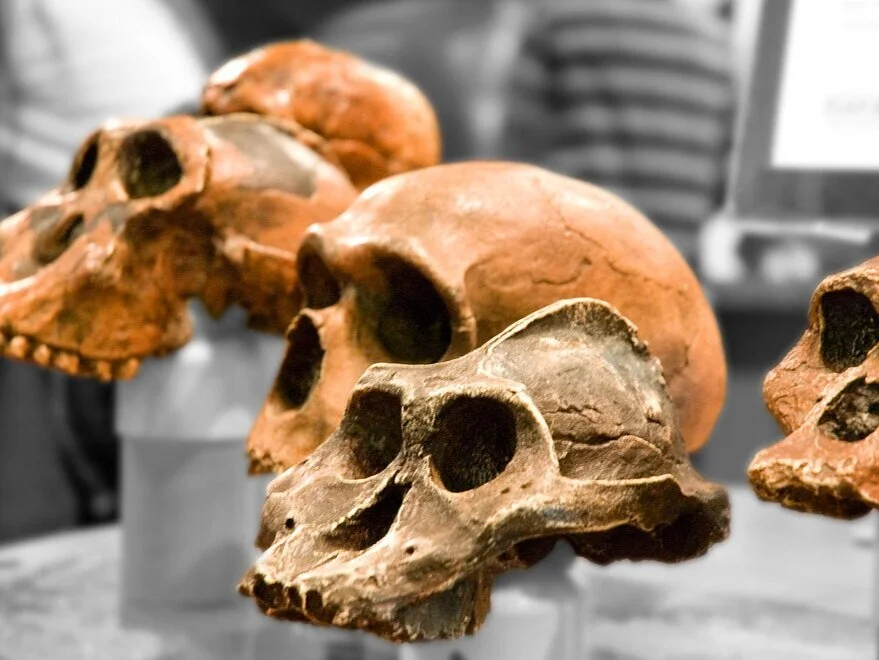Article Topics
BIOLOGY
EVERYTHING YOU WANTED TO KNOW ABOUT LIFE, FROM ANTIBODIES TO ZEBRAS
General Biology encompasses all aspects of the life sciences. We will explore the world around us with a very broad scope, investigating everything from the microbes that live within us to the ecosystems we ourselves inhabit. All of life is subject to the same natural forces. We will describe the myriad of different ways that life responds to these forces, the progress being made in expanding our understanding through biological research, and how this insight is being applied in the field and in the lab.
BIOCHEMISTRY
THE MOLECULES AND PROCESSES THAT MAKE BIOLOGY HAPPEN
Biochemists examine the chemical processes that make biology happen. Every day in your body, enzymes are breaking down molecules, cells are replicating their DNA, brain chemicals are making you feel emotions and pain, and pharmaceutical drugs are relieving disease symptoms. How do scientists discover biologically-relevant chemicals, and what do we know now?
BIOINFORMATICS
BIG DATA. BIGGER RESULTS.
Technology affects everything, and biology is no exception. With new machines, discoveries, and methodological developmentz, biologists have access to more and more data than ever before! Bioinformatics is a relatively new field dedicated to developing computational methods for biology, allowing scientists to process and make sense of extremely large datasets. In this section, we will cover technological advancements, techniques, and software methods that have allowed scientists to analyze huge datasets and make meaningful biological conclusions.
MARINE BIOLOGY
EXPLORE THE LARGEST HABITAT ON EARTH
Marine biology is the study of life in the ocean, from the smallest microbes to the largest animals to ever live on Earth. It is the collective effort of scientists from many fields to explore, understand, and conserve the diversity of life in in the world's largest ecosystem. Oceans cover 71% of our planet's surface, and provide 99% of its livable habitat by volume. They are the largest space in our universe known to be inhabited by living organisms, yet we know less about the deepest reaches of our oceans than we do about the surface of Mars. This vast marine space is home to an enormous diversity of strange and wonderful organisms, so much so that hundreds of new species are discovered every year. We depend on this biodiversity: 3 billion people rely on marine and coastal biodiversity for their livelihoods, and 2.6 billion people rely on the ocean for their primary source of protein. Human impacts on ocean ecosystems are increasing, and marine biologists are working to understand how sea creatures adapt to changing environments, and develop sustainable solutions. In this blog, we will discuss the latest scientific discoveries, cool critters, and current issues from Earth's living oceans.
CELL BIOLOGY
STUDYING THE BUILDING BLOCKS OF LIFE
All organisms are composed of one or more cells. Although most living things we see are multicellular (made up of many cells) these are only a small fraction of all organisms on Earth. The vast majority of organisms are unicellular (only one cell), like the bacteria in your gut or the yeast that brew your beer. We humans are multicellular organisms made up of 3 trillion cells with more than 200 different cell types! The cost of this complexity is that when one or more cell types fail to do their job we get sick.
Cell biology seeks to understand how cells work and what happens when something goes wrong in a cell. By identifying what is causing a cell to not do its job, scientists can get a better idea about the inner life of the cell. They can also identify targets for therapies to fix what is wrong with the cell. These articles encompass the study of everything from tiny cellular machines to entire organs.
IMMUNOLOGY
THE SCOOP ON YOUR BODY'S DEPARTMENT OF DEFENSE
We live in a world filled with bacteria, viruses, and other deadly pathogens. In fact, many of them are trying to invade your body right now. If this thought makes you nervous, feel reassured that your body has its own Department of Defense - your immune system. This network works hard round the clock to protect you from harmful invaders. When a pathogen launches an attack, your immune system organizes a beautifully coordinated counter-attack to destroy the pathogen and keep you healthy. Unfortunately, your immune system can make mistakes, including: not destroying diseased or harmful cells (infections and cancer), reacting to non-harmful substances (allergies), or going rogue and attacking your own cells (autoimmune diseases). The immune system is fascinating and complex, and we want to share with you what's going on in the field of immunology.
GENETICS
THE CODE FOR YOU
Genes are the instructions for life. Every organism that we know of has either DNA or RNA, which contains the instructions for everything from organs to instincts. Learn about which traits are controlled by your genes, which ones don’t, and which ones are still ambiguous. Join us as we explore the genetics of sleep, cancer, height, and much more!
MEDICINE
IMPROVING HUMAN LIVES
How do all of these scientific findings actually help people? Biological research slowly builds on itself, eventually culminating in actionable insights we can use in the clinic. See how these discoveries have helped us treat and prevent disease, figure out unknown conditions, and improve medical technologies.
DISEASE
WHAT COULD POSSIBLY GO WRONG?
The body is insanely complex. If you think about all of the 3 billion bases of human DNA, the 100,000 proteins in our cells, or the 100s of trillions of cells in our bodies, it’s pretty easy to imagine something going wrong. In this section, we will explore the science of diseases, their causes, and their treatments.
PSYCHOLOGY
THINK ABOUT IT
From personality traits, to economics, to humanity’s ability for self-awareness, everything depends on psychology. Psychology is the study of the mind, exploring our instincts, behavior, socialization, and adaptations to modern society. Take a look at some of the experiments that have given us invaluable insights about our own minds.
MAJOR DISCOVERIES
INFLUENTIAL DISCOVERIES FROM THE PAST AND HOW THEY AFFECT OUR FUTURE
Throughout the years, humans have continued to ask important questions about both the wide world around them and the inner workings of their own bodies and minds. These questions range in scope from those probing the origin of life to those examining the intricacies of a single cell. While not every question has yielded an interesting answer, those that did have occasionally changed the world.
Here, we will explore some of the most influential discoveries from our collective history. Each article will focus on a specific discovery (consisting of one or more experiments) and will guide readers through relevant facets of the discovery including: The social/political/economic environment at the time, the methodology practiced by the researchers, any debate surrounding the researchers' claims, and the impact the discovery has had (or has the potential to have).
SCIENCE POLICY
MAKING THE GOVERNMENT MAKE INFORMED DECISIONS
Working in academia, scientists are often trapped in their own bubble. But it’s no secret that scientific discoveries will affect everyone’s lives, not just academics. Translating scientific discovery into the real world requires communicating science to the government and creating informed policies that will benefit all of us. How does HIPAA protect your private medical information? Who is to blame in a self-driving-car accident? Should the police be allowed to search your Ancestry DNA results? How should we best conserve energy and prevent pollution? If you’re interested in any of these questions, science policy is the section for you.
STATISTICS
HOW SCIENTISTS DRAW CONCLUSIONS
When most people think of statistics, they think of pie charts and percentages. In reality, statistics goes much further - allowing us to test hypotheses, simplify complex problems, explore data, and make decisions. In this section, learn about basic statistical concepts and the math behind them, how statistics are used in research, and how statistics can be used to manipulate and mislead.
EVOLUTION
THE ENVIRONMENT CHANGES. SO DO ORGANISMS.
The incredible diversity of life on Earth is all due to evolution. Starting from the first life, natural selection has taken organisms on a million winding paths to specialization. How did humans end up walking on two feet? Why do ants work together? How did hummingbirds get such long beaks? Why are flowers so colorful? Learn about the evolutionary process, experiments that we use to learn more about it, and incredible organisms of the past and present.
ENVIRONMENT
OUR WORLD, FROM THE DEEPEST OCEANS TO THE TALLEST TREES
Earth is beautiful, from orange deserts with endless dunes, to tropical oases with stunning green plants, to vibrant reefs with fish in rainbow colors, to wintry wonderlands with white camouflaged creatures. Learn about the ecosystems of our world, how climate change is affecting them, and what we as humans can do to conserve the beauty of our planet.
ASTRONOMY
EARTH ISN’T THE CENTER OF THE UNIVERSE
We spend a lot of time studying what happens on Earth, but there’s so much beyond our planet, from stars to planets to other galaxies. Learn about how we study space and what could be out there.

